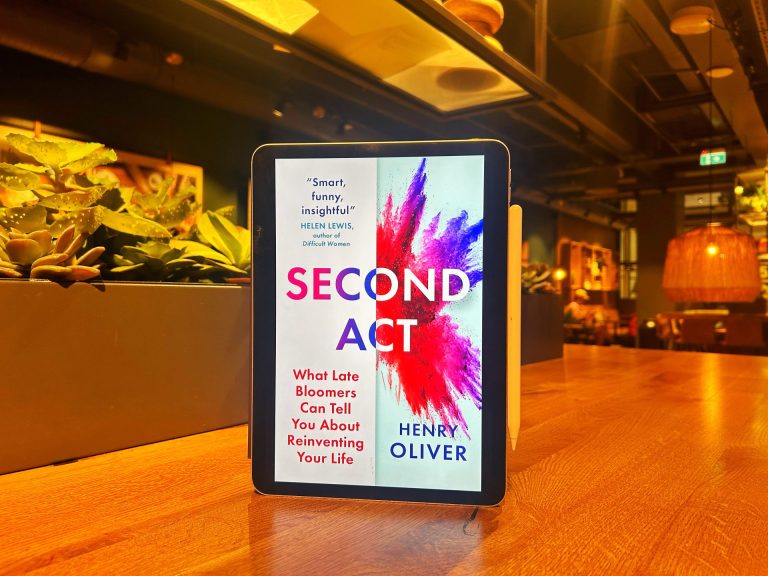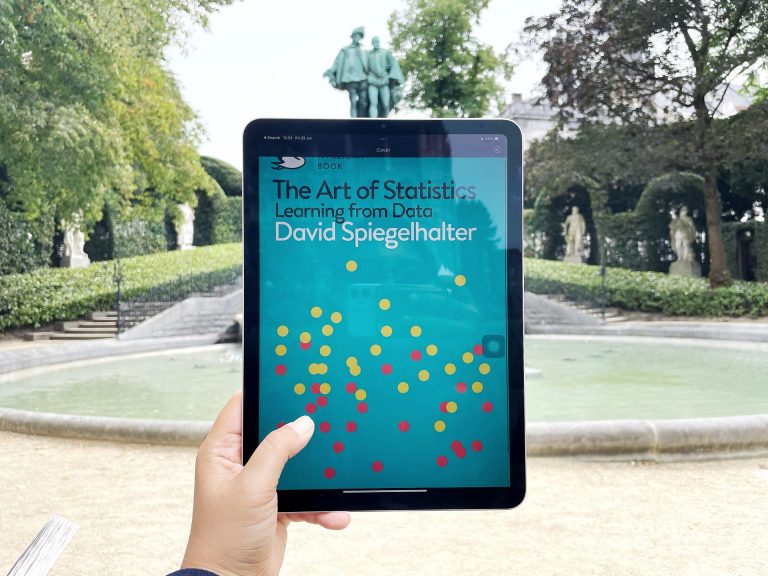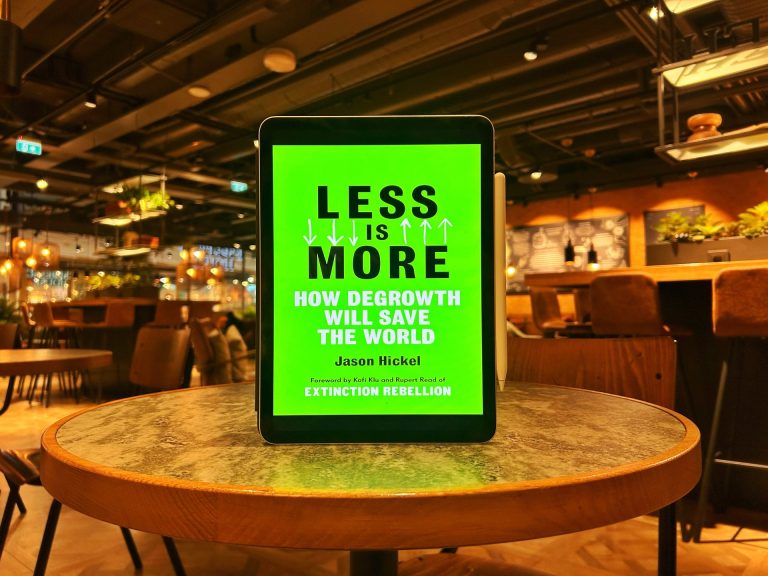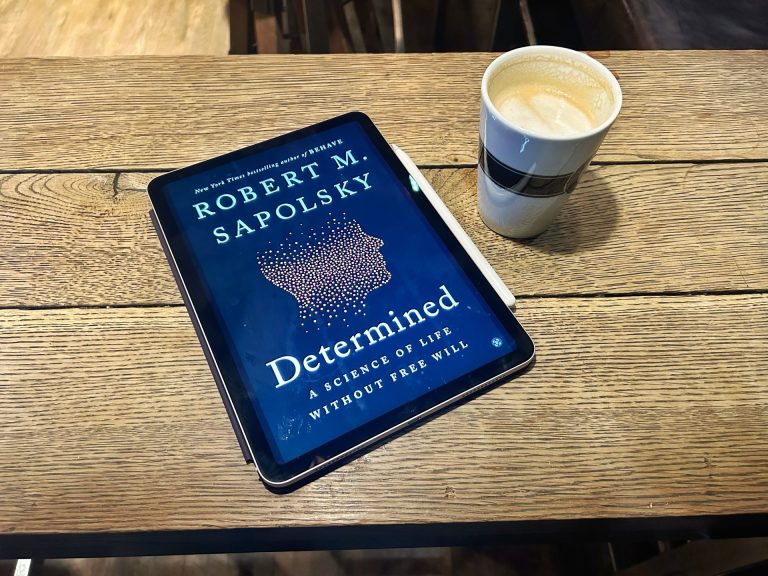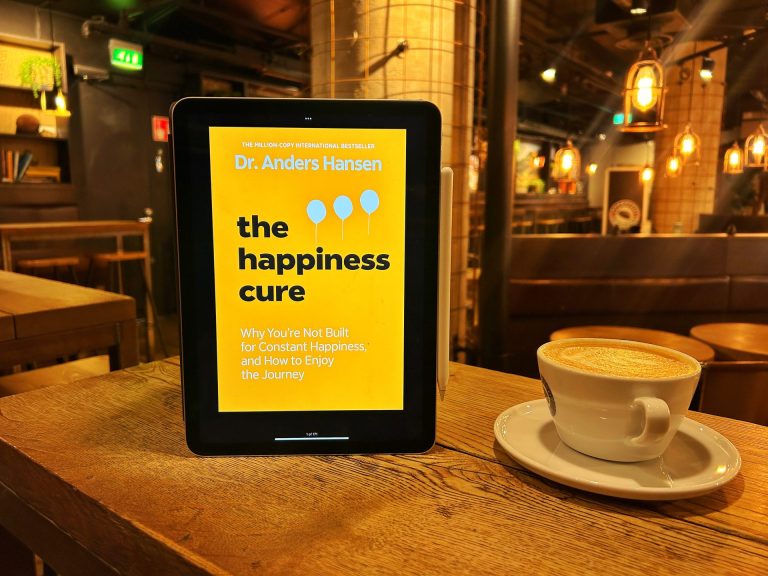Long-term hard work will be paid off. That is the main idea of The Compound Effect by Darren Hardy. He believes it is the principles of success and human achievement. The author, a prominent figure in the personal-development industry, draws from his extensive study of these topics to provide readers with insights and strategies for personal growth. While there are certainly valuable takeaways from the book, there are also some points of contention that deserve consideration.
Hardy believes that luck is not an excuse for one’s lack of success. He argues that anyone who has their health and a minimum of sustenance is already incredibly lucky and that beyond these basics, luck boils down to a series of choices. This perspective might seem overly simplistic, as luck often involves factors beyond one’s control, such as external circumstances and opportunities that may not always be readily available.
In my opinion, the author’s assertion that luck is solely a product of choices contradicts his earlier point that health and sustenance are enough to consider oneself lucky. In reality, just like what he also wrote in this book, luck is a combination of factors, including preparation (personal growth), attitude (belief/mindset), opportunity (a good thing coming your way), and action (doing something about it). While the author highlights the importance of choices, it’s crucial to acknowledge that not everyone has equal access to opportunities or the ability to make choices freely, which is a perspective not fully addressed in the book.
Comparing “The Compound Effect” to other books like Range and Breaking Through emphasizes the nuanced nature of success and luck. These books suggest that factors beyond individual choices, such as a person’s environment and circumstances, also play a significant role in one’s journey towards success. This raises the question of whether there are situations where “unluckiness” can indeed exist, despite the choices individuals make.
Another issue to consider is the familiarity of some of the book’s tips. The recommendation to start small and make gradual changes, similar to what’s found in many other productivity books, might leave readers looking for more unique insights. While the fundamentals of personal development are important, readers may hope for a deeper exploration of novel concepts.
Additionally, the repetition of advice throughout the book can be seen as a drawback. Scattered repetitions can make the reading experience less cohesive and less engaging.
On a positive note, the author’s inclusion of summary action steps at the end of each chapter is a valuable feature. This provides readers with practical takeaways and helps them apply the book’s principles to their own lives.
In conclusion, “The Compound Effect” by Darren Hardy offers valuable insights into personal development and success principles. However, it raises questions about the oversimplification of the role of luck and the need to consider broader factors. While some of the tips and ideas may be familiar, the actionable steps provided at the end of each chapter are a helpful addition. Ultimately, readers may find value in this book, but it’s important to approach it with a critical eye and a recognition of the complexities involved in achieving success.
Summary
About the Compound Effect
- The compound effect is the principle of reaping huge rewards from a series of small, smart choices.
- The most challenging aspect of the compound effect is that we have to keep working away for a while, consistently and efficiently, before we can begin to see the payoff.
- Your only path to success is through a continuum of mundane, unsexy, unexciting, and sometimes difficult daily discipline compounded over time. Know, too, that the results, the life, and the lifestyle of your dreams can be yours when you put the compound effect to work for you.
About Choices
- Your biggest challenge isn’t that you’ve intentionally been making bad choices. Your biggest challenge is that you’ve been sleepwalking through your choices. Half the time, you’re not even aware you’re making them.
- As long as you’re making choices unconsciously, you can’t consciously choose to change that ineffective behavior and turn into productive habits.
- The first step toward change is awareness. You have to start by becoming aware of the choices that lead you away from your desired destination. To be aware of your choices, track every action that relates to the area of your life you want to improve. Tracking works because it brings moment-to-moment awareness to the actions you take in the area of your life you want to improve.
About Influence
- We need an extra level of vigilance to prevent our brains from absorbing irrelevant, counterproductive or downright destructive input.
About Obstacle
- Hitting the wall isn’t an obstacle; it’s an opportunity.
- when things are great, things are easy, there aren’t any distractions, no one is interrupting, temptation aren’t luring, and nothing is disturbing your stride; that too is when most everyone else does great. It’s not until situations are difficult, when problems come up and temptation is great, that you get to prove your worthiness for progress.
Also read: The Obstacle Is the Way
Author: Darren Hardy
Publication date: 1 January 2020
Number of pages: 176 pages


